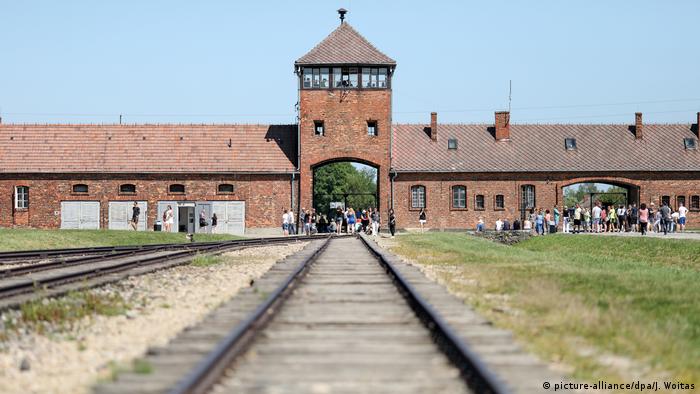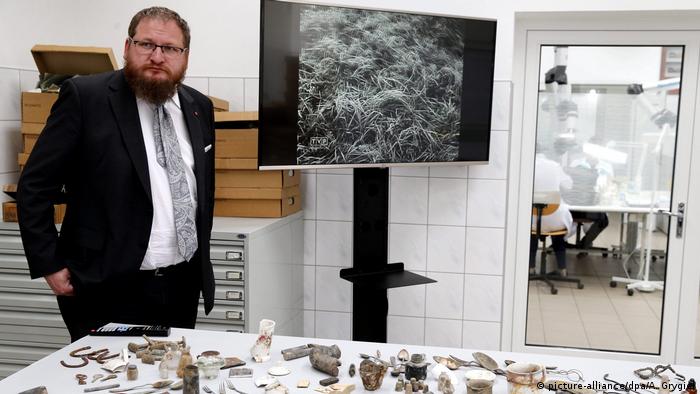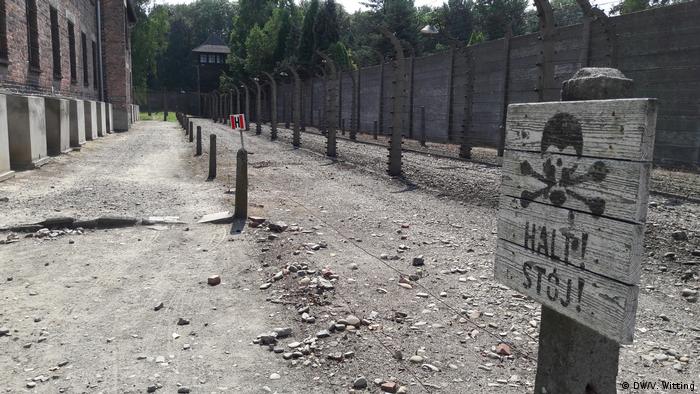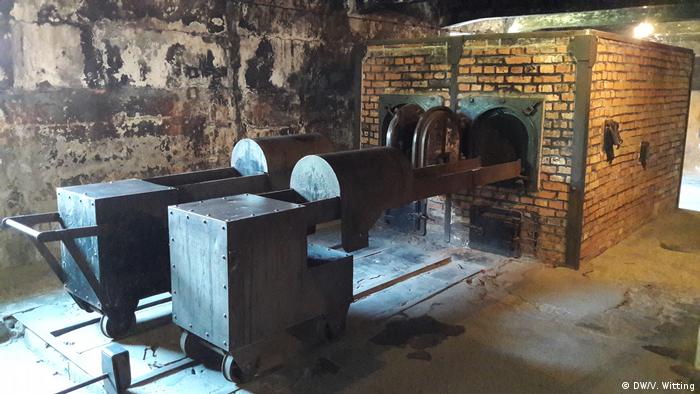The Polish government party, the PiS, and the veterans Association are calling for more to commemorate Polish victims in Auschwitz. They protest against their suppression by the Holocaust commemoration.

The wooden barracks, mountains of shoes, suitcases and abrasive hair of the prisoners to remember the former concentration camp grounds to the German factory of Death, in the in the 1940-ies, over a Million people were murdered. In the exhibition, the visitor is informed that the 1940 in occupied Poland, founded in the Auschwitz concentration camp, which later became Holocaust icon, was initially designed for Polish prisoners. During the German occupation of Poland between 1939 and 1945, you could end up as a Pole for the smallest Offense in the concentration camp.
To little memory of the Polish victims
In the Auschwitz memorial but is remembered in a Million murdered Jews, over 90 percent of the victims. The head of the memorial, Piotr Cywinski, is accused for years by national-conservative circles in Poland, he is to care too little about the commemoration of the Polish victims and heroes of Auschwitz.

Konservativern and veterans: Piotr Cywinsk, Director of the Auschwitz-Museum and the hostility of the National
He attempts about the role of the Polish officer Witold Pilecki to play that down, went voluntarily to the concentration camp to gather information about the Nazi crimes for the allies. Thus, the allegation of the Association of families of the Polish concentration camp victims (SRPOOK), the former detainees and descendants of the victims belong to. In Poland’s ruling PiS called in 2015, the dismissal of the heads of the memorial, because he to 70. Anniversary of concentration camp liberation, not a personal invitation to the descendants of the Polish officer had sent. “It is not a scandal, that you think of the Polish heroes”, was in an uproar at the time, the PiS politician and later Prime Minister Beata Szydlo.
The criticism of the memorial
The attacks in the national conservative media have increased, as at the ceremonies on Holocaust day a year ago, the Israeli Ambassador to the controversial Holocaust-law had criticized. The now watered-down law saw prison sentences for those who would assign the poles of complicity in the destruction of the Jews. The education curator of the Region of Krakow, Barbara Nowak, wrote via Twitter: “Today is a stranger in Auschwitz, a Polish Narrative. It is time to do so”. The state official claimed that only a Polish, state-certified tour guides accompany the groups at the former concentration camp grounds.
“The Museum’s management discriminated against the Polish victims of the German crimes, and faking the history. The scandalous and anti-Polish attitude of the management of the Museum deserves the highest condemnation,” wrote a veteran’s Association of Poland’s Prime Minister Morawiecki this month.

Built in 1940 for Polish prisoners to The concentration camp of Auschwitz
The head of the memorial, Piotr Cywinski speaks of “Vulgarismen and name-calling”, to which he was exposed for months in the Social media. Formulations, would be needed, “indicating that I was dead,” says the 46-year-old historian. “There is a great will me out of the country to get rid of,” says Cywinski, “did not expect such a scale of hatred”. The smear campaign in Social Media, he has reported to the public Prosecutor’s office.
The History Dispute
The dispute about the commemoration of the victims of the Nazi regime reflected the current struggle over the interpretation of history, led in the PiS-ruled Poland, bitterly. Poland lost during the Second world war, six million people, over a sixth of the population. Half of them were Polish Jews. By percentage, the country suffered the most human loss, of all the countries that were affected by the Second world war.

In Auschwitz there were also many Jewish victims
Now, the national-conservative government in the world wants to make the extent of Polish suffering in a conscious and war reparations from Germany. The requirement has broad support in the society.
Hidden Victims
The emotions that calls for the suppression of the Polish victims of the Nazi regime, can understand the historian from the Imre Kertész Kolleg Jochen Böhler well. The Professor for Eastern European history at the University in Jena, Germany, has lived for several years in Poland and the Polish Suffering, among other things, in the book “The Wehrmacht in Poland in 1939” (2006).
“The memory of the Holocaust is important, not hides, but often, that there were in Poland, millions of Jewish victims,” he says of the DW. Again and again he met, “regardless of the level of education and party membership, a lack of familiarity about what is the meaning of the German occupation for the civilian population of Poland and other Eastern European countries concretely, in everyday life, even at the last a cruel consequence in death.” In his conversation partners, in Poland, “where the victims of the German occupation will find literally in every family”, “a deep disappointment, often even bitterness” about it. Therefore, the German historian understands the expectations of the poles, “to awaken this memory and to keep alive.”